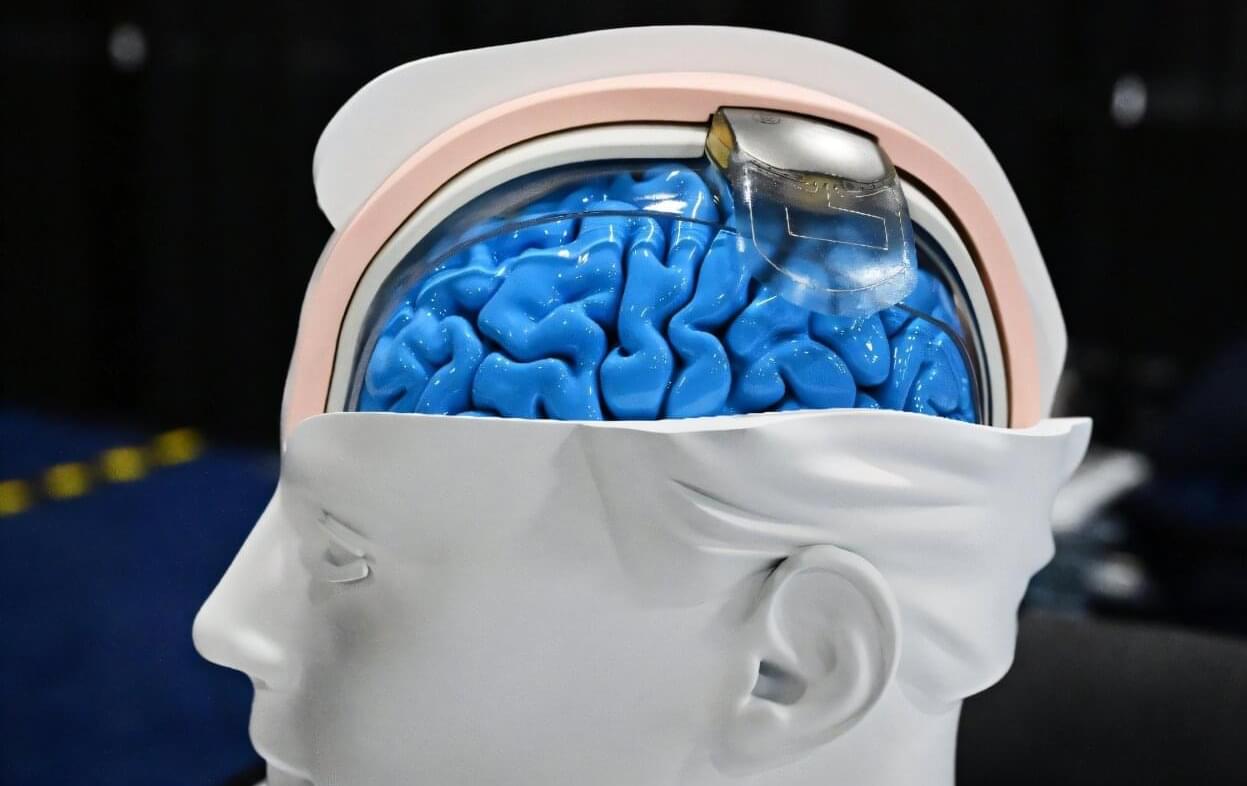From translating thoughts into words to allowing paralyzed people to walk, the field of neurotechnology has been quietly surging ahead, raising hopes of medical breakthroughs—and profound ethical concerns.
Some observers even think that neurotech could end up being as revolutionary as the far more hyped rise of artificial intelligence (AI).
“People do not realize how much we’re already living in science fiction,” King’s College London researcher Anne Vanhoestenberghe told AFP.
